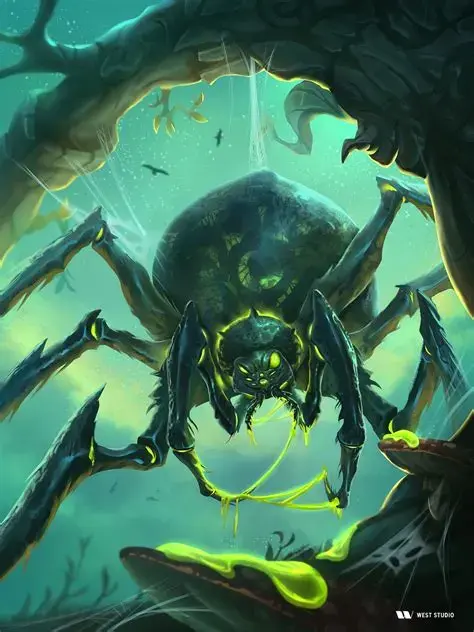You’ve all had some very interesting answers for my last post so here is a question for you, how do you think about copyright in general and should it exist?
from the Pirate Party platform: “Copyright should protect the creator, not the publisher.”
Which pirate party is that?
Part of the platform of the Swedish Pirate Party?
Can’t find it in the Election Manifesto 2022, that they have in English. Sounds more like they want copyright to serve society, not to protect interests.
Copyright is a good thing in general, but the way it’s handled now is incredibly stupid.
The US had it right in 1790. 14 years by default and an additional 14 year renewal. After that it’s public domain.
28 years is more than enough time to profit from a creative work before other people can use those ideas freely.
Imagine the creative landscape if every piece of art older than 1995 was free for everyone to use as they saw fit.
One of those rare cases where they got it right on the first try. There was actually a paper a while back that attempted to analyze the total economic utility of various copyright durations and found that the length of protection time that generates the maximum total wealth for a society is somewhere in the range of a flat 15 to 38 years.
It’s noteworthy that patent law is 20 years to this day. It has survived with its core fairly intact, the main change being that you can no longer get a patent for bringing an invention into the country. Today that is called piracy (poor China).
I believe that is because patents simply have to work for the whole country in encouraging progress. If cultural production is stifled, well… Who cares? The elites in the copyright industry benefit, and they have an outsize influence on public discourse.
Copyright should exist but not the forever bullshit that Disney made it in the 20th century.
An artist should have the right to copyright their work for a reasonable time to be able to profit from it. Say 25 years, after that is becomes public domaine.
Copyright should not be transferable nor inheritable.
Copyright should not be transferable nor inheritable.
Personally I think it’s reasonable for it to be inheritable as long as we’re talking about the relatively short timeframe that copyright was originally supposed to last. The prototypical example is the poor artist who creates a much-loved and successful work shortly before death; should their partner not be entitled to live off the proceeds of that?
Personally, my preference would be for 20 years, full stop. But I think a reasonable compromise position would be 20 years or the lifetime of the author, whichever is longer. Corporate-owned works and works-for-hire only get 20 years.
No, because the only defense for its existence is to protect the livelihoods of creators, and if we’re talking “should”, no one should have to justify their existence through labor.
deleted by creator
Intellectual property rights solve the problem that a market requires scarcity to work, but it goes away with something easy to copy. They solve it by creating scarcity artificially, which is dumb.
I’d like to see government subsidies instead. We could even transition into that by gradually buying up and freeing copyrights and patents. (Trademarks are kind of their own thing, because they’re ideally just to explain the origin of an item)
I’d like to see government subsidies instead.
How would that really work in practice though? Would Disney get $100 million for making a movie while I only get $100 for making my own independent movie? It’d be really hard to assign a value to things without the associated system that we currently use.
It’s a good point another user also made. I’m thinking private patents that the government regularly purchases is probably more achievable. Otherwise, yeah, you’d have to employ people to estimate the value of an IP from rates of consumption, and it would be complicated
First we’d need good answers to the questions of what specifically should be funded and how much money should be spent overall. Copyright has the advantage of letting markets decide, which IMHO is a good thing in most cases (but not for things like drug patents or any research produced with public funding).
Yes, that would be an issue. If you had a hybrid system, markets could still decide prices, at least. Once the government is the only player things get very tricky indeed.





